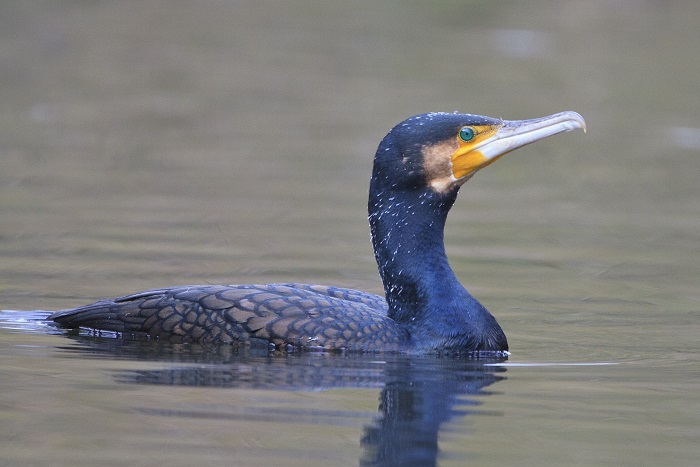Successes in Germany

In addition to our involvement in Italy, CABS has also fought against bird slaughter in Germany and for better bird protection from the outset. And we have achieved a lot:
- In the 1980s, the CABS was heavily involved in all consultations on the then newly created Federal Nature Conservation Act and the Federal Species Protection Ordinance. The prohibition of bird-trapping and the trade with native wild birds in Germany was pronounced not least because of the initiative of the committee.
- When the national parks were founded in the German Wadden Sea, hunting was to remain permitted in the huge reserves. In the mid-1980s, CABS launched a protest action, which saw hunting in the mudflats gradually banned. Since the beginning of the 1990s, all weapons have been silent there.
- Between 1984 and 1994 CABS bought large plots of land in eastern Schleswig-Holstein. amidst agricultural intensification, planting of hedges and fruit trees, the fish ponds and cattle meadows have meanwhile become valuable and species-rich bird reserves.
- As late as the 1980s, bird-trapping was widespread in the Aachen hard coal mining area (North Rhine-Westphalia). CABS carried out actions together with the police every autumn against the bird-trappers - numerous poachers were caught red-handed. Since the mid-1990s, bird-trapping in the German-Dutch border area has become a thing of the past.
- The fall of the Berlin Wall allowed a flood of western hunters into the large lowlands of East Germany, where they went goose-hunting every autumn without observing the laws and protective regulations. Since the mid-1990s, CABS has monitored the hunt on the Elbe, Havel and Oder rivers and reported hundreds of hunters. Due to our presence, the situation had largely calmed down over the past decade.
- By the end of the 1990s, resourceful fishermen and anglers came up with the idea of bombarding the unloved cormorants with laser guns and driving them away. CABS contacted all responsible authorities in Germany and succeeded in keeping the dangerous devices in the closet.
- After CABS filed an EU environmental complaint against the German hunting legislation the Federal Republic had to change the hunting season regulation in the year 2002. Collared doves, a number of gull spp. and mute swans received a shorter hunting time.
- With our campaigns against raptor persecution in Germany, CABS has contributed to the nationwide attention of the problem. In some areas - especially in North Rhine-Westphalia - the phenomenon is clearly declining after numerous spectacular court cases against poultry farmers and hunters.






